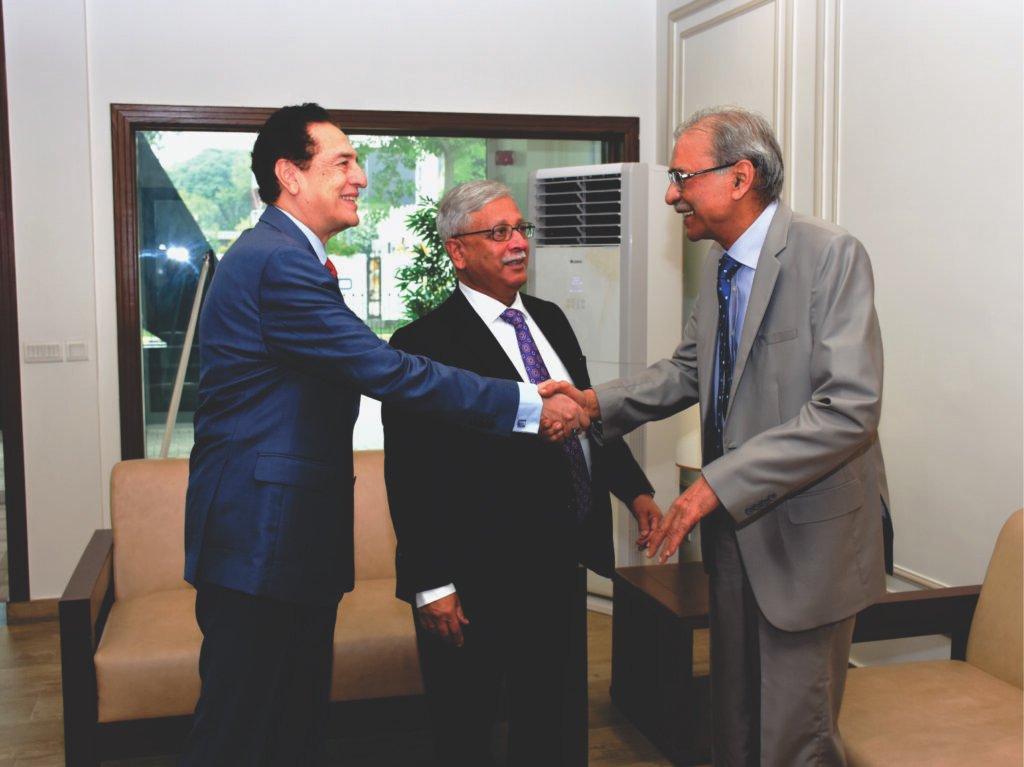
Seminar
Adapting to Strategic Complexities Innovating Approaches to Arms Control in South Asia
In an increasingly complex global security environment, the need for innovative approaches to arms control has become more critical than ever, particularly in the context of South Asia. The dynamics between the two nuclear-armed states, India and Pakistan, present unique challenges that require thoughtful analysis and strategic dialogue.
The interplay of historical grievances, territorial disputes, and national identities contributes to a highly charged atmosphere, where misunderstandings can escalate into severe crises. Since both nations acquired nuclear capabilities in 1998, their rivalry has transformed into a precarious balance of power, where the doctrine of deterrence plays a vital role in shaping military strategies and national policies. However, the potential for miscalculations remains alarmingly high, particularly given the presence of newer missile systems, aggressive military postures and the increasing sophistication of military technologies.
Moreover, the evolving geopolitical landscape, characterised by shifting alliances and external influences, further adds complexity to the arms control discourse. The strategic partnership between the United States and India, for instance, has implications for Pakistan’s security calculus, prompting it to enhance its own defence capabilities. Additionally, regional dynamics involving China, which plays a significant role in South Asia, further complicate the security environment and the prospects for meaningful dialogue.
Given these challenges, it is imperative that policymakers, scholars, and security experts engage in robust discussions aimed at fostering mutual understanding and developing innovative arms control mechanisms. By addressing the underlying issues and exploring creative solutions, stakeholders can work toward a more stable and secure future for the region.
The seminar provided a platform for insightful discussions and presentations by eminent speakers, shedding light on the importance of responsible nuclear stewardship, the evolution of military strategies, and the pressing need for effective arms control measures to foster mutual trust and reduce the risks of accidental nuclear exchanges.
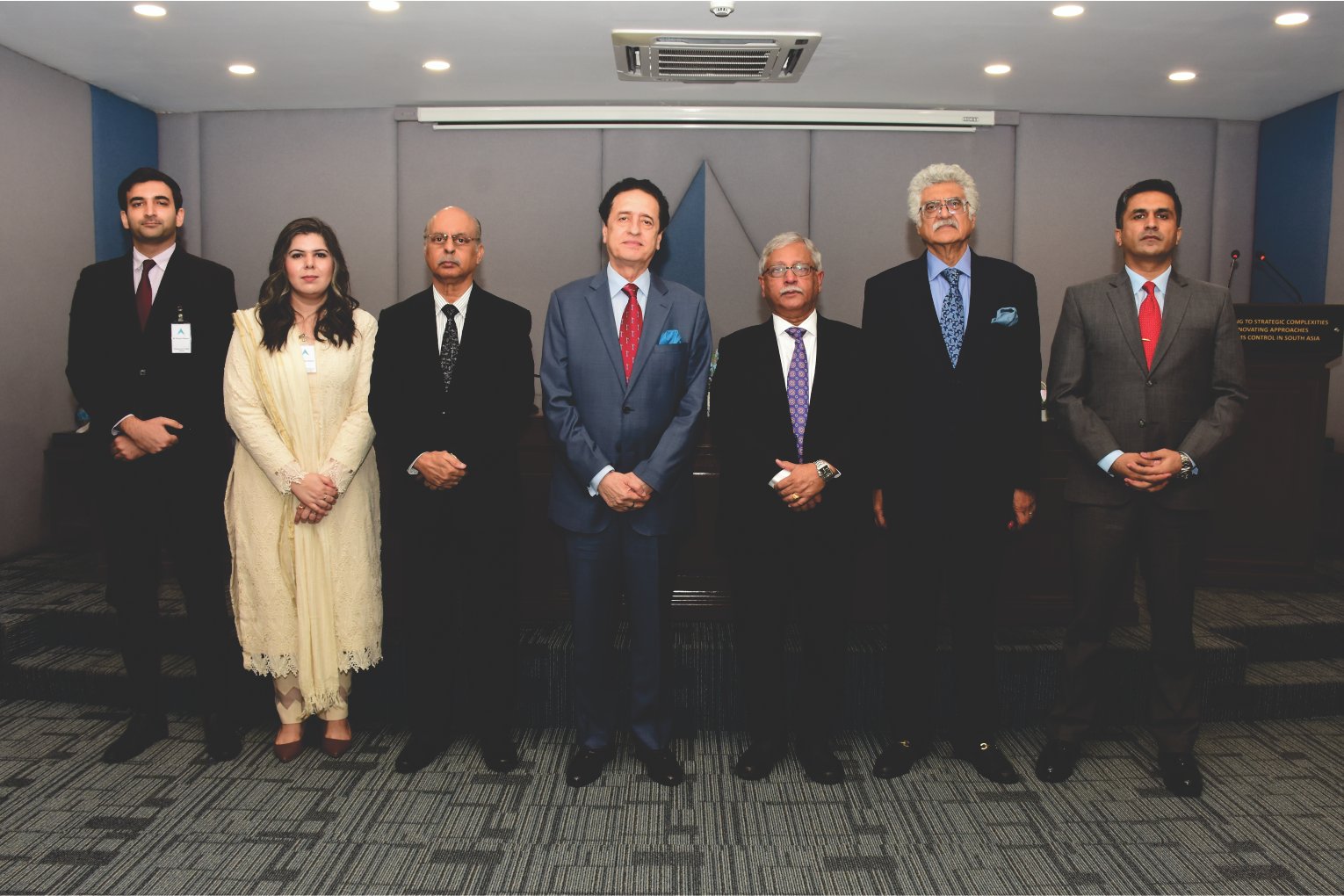
Key Takeaways
Pakistan’s nuclear programme has successfully neutralised India’s conventional superiority, reinforcing deterrence through a Full Spectrum Deterrence (FSD) policy with a robust missile system. Despite challenges in missile defence systems, arms control offers viable diplomatic options, though disarmament would undermine Pakistan’s strategic position. India’s evolving nuclear posture, including MIRV technology and potential shifts in its No-First-Use policy, poses new challenges to regional stability. Traditional arms control agreements have had limited success, and multilateral missile restraint regimes involving Pakistan, India, China, and the US remain unrealistic.
Policy Considerations
Pakistan should maintain and enhance its Full Spectrum Deterrence (FSD) to effectively counter both conventional and tactical threats, particularly India’s Cold Start Doctrine. Prioritising a strong nuclear deterrent remains crucial for regional stability, while focusing on cost-effective, proven technologies. Monitoring India’s evolving nuclear posture, including shifts in its No-First-Use policy, is essential for maintaining strategic readiness. Pakistan should reassess the utility of liquid-fuelled missiles, explore targeted CBMs, and avoid overreliance on arms control initiatives, keeping deterrence capabilities at the core of its security strategy.
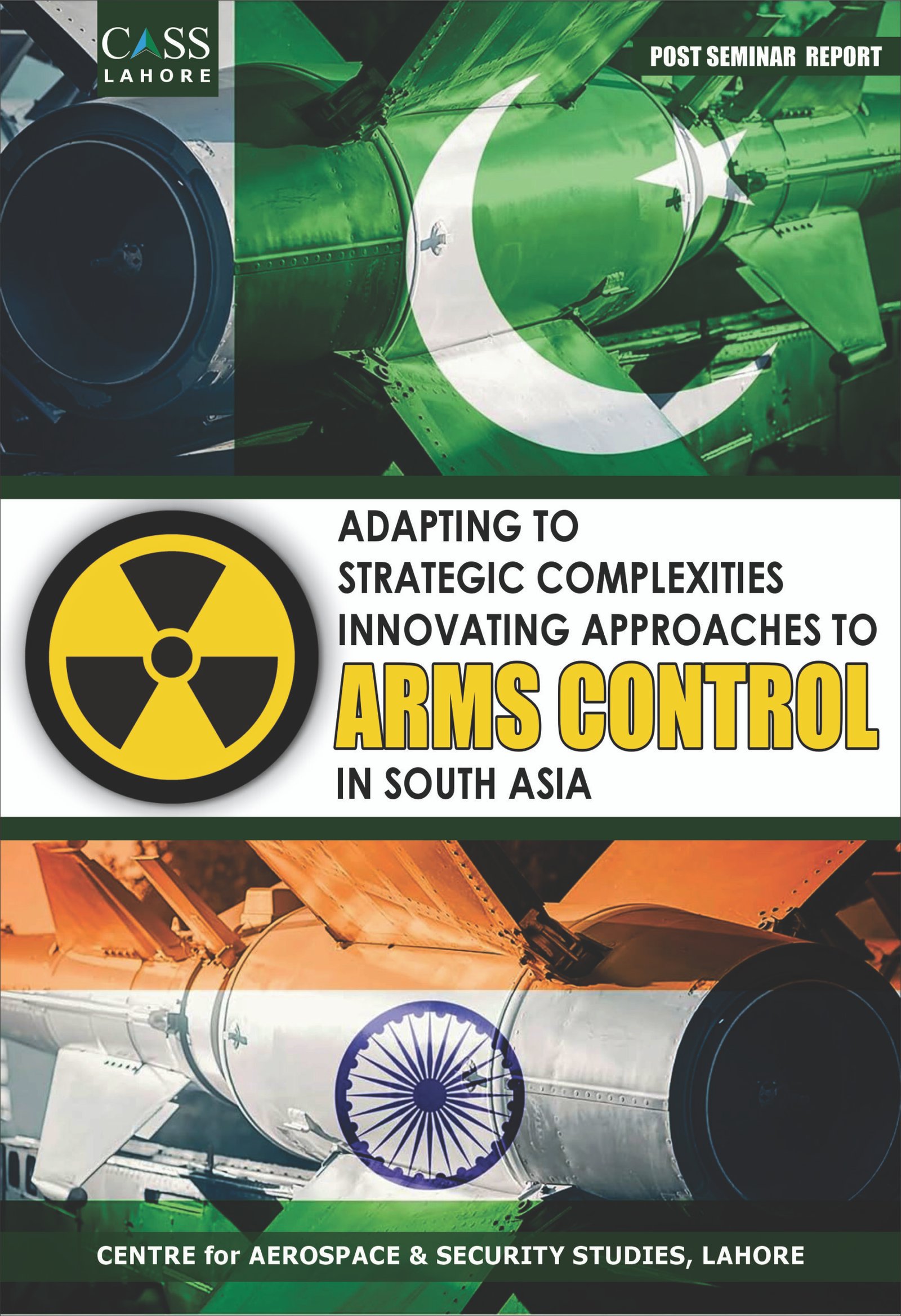
Post Event Report
A comprehensive overview featuring key insights, expert discussions, and strategic takeaways from the event.
Explore speaker highlights, recommendations, media coverage, and event photographs.
Guest Speakers
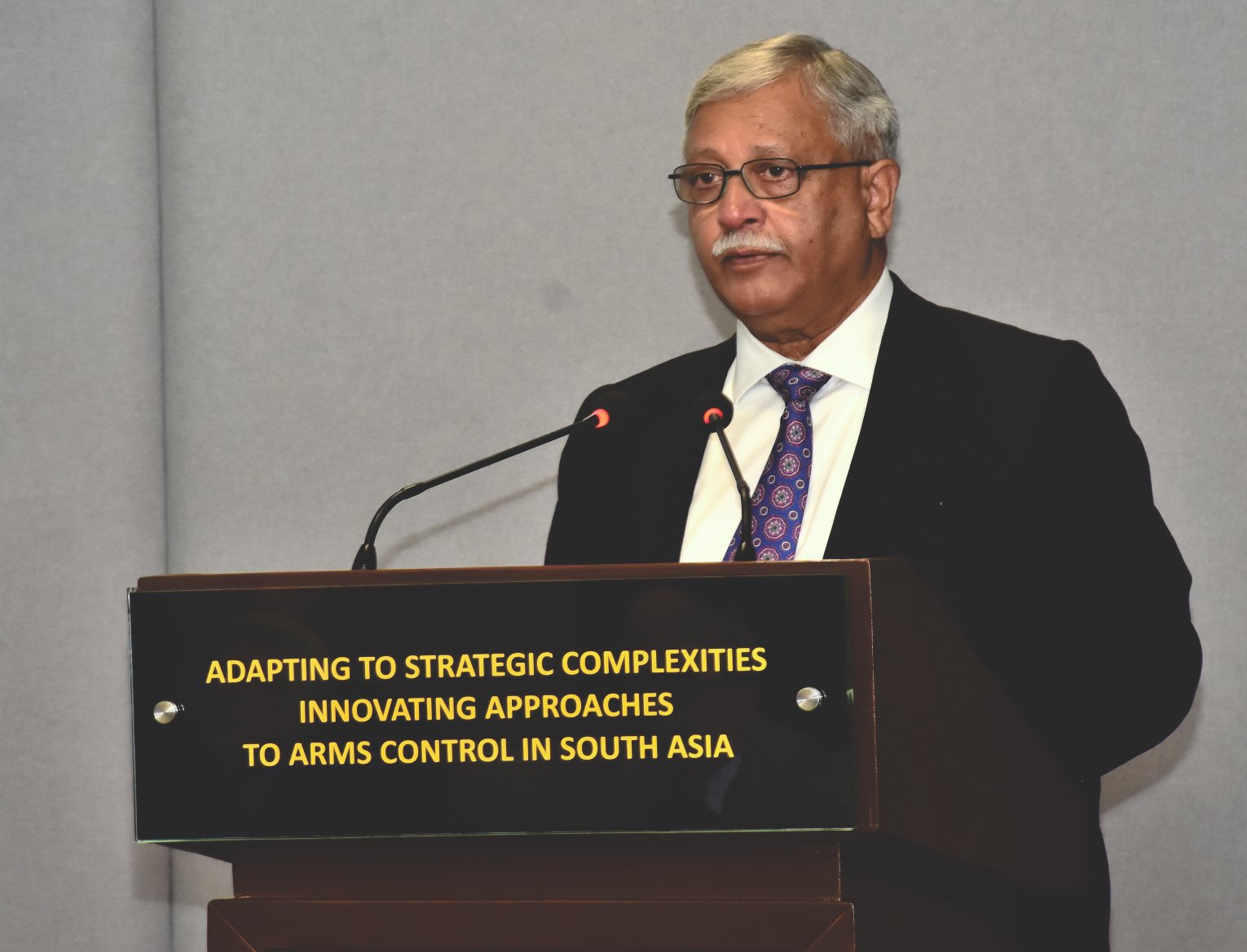
Lt General Khalid Ahmed Kidwai (Retd)
Advisor, National Command Authority (NCA)
Dr Naeem Salik
Executive Director, Strategic Vision Institute (SVI)
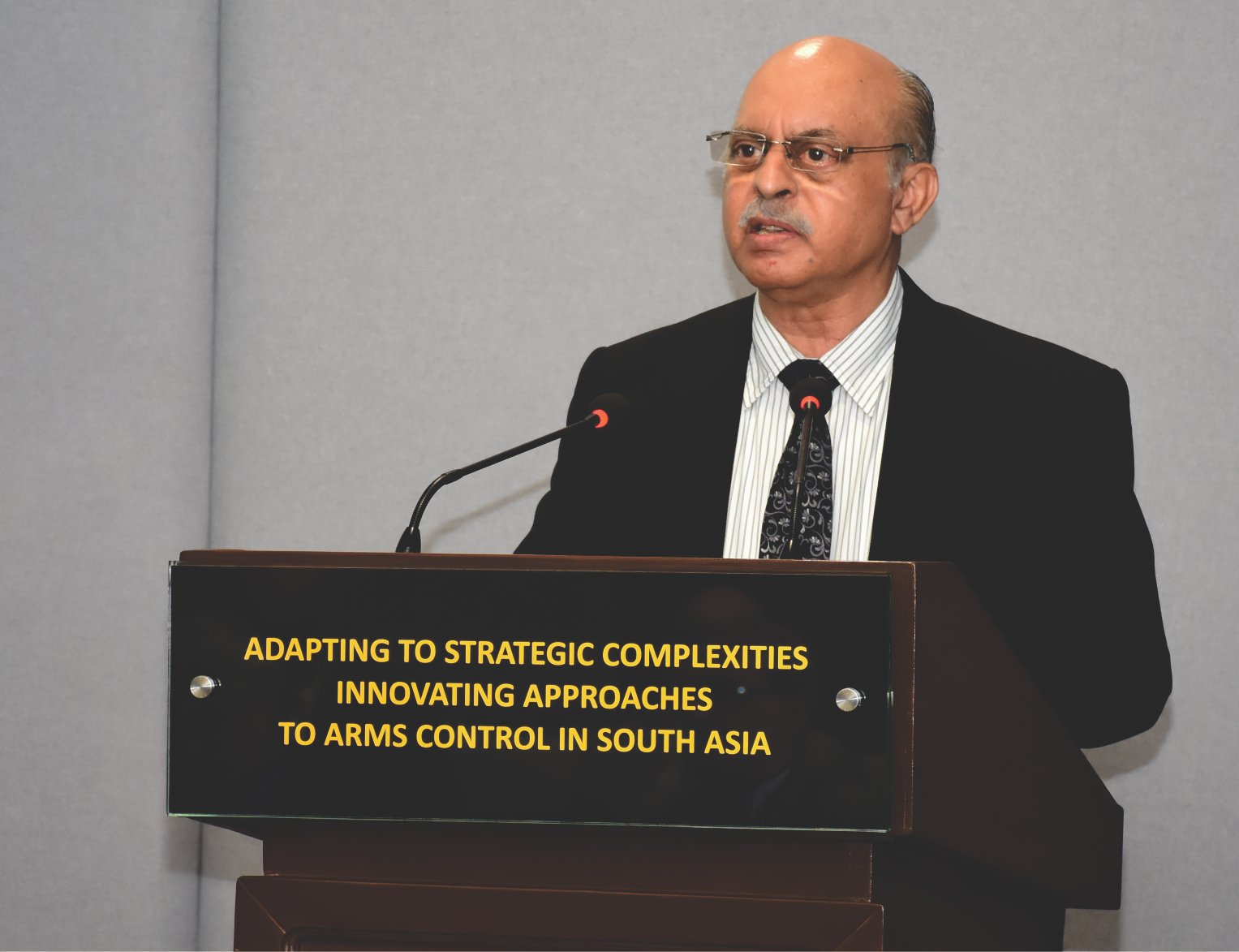
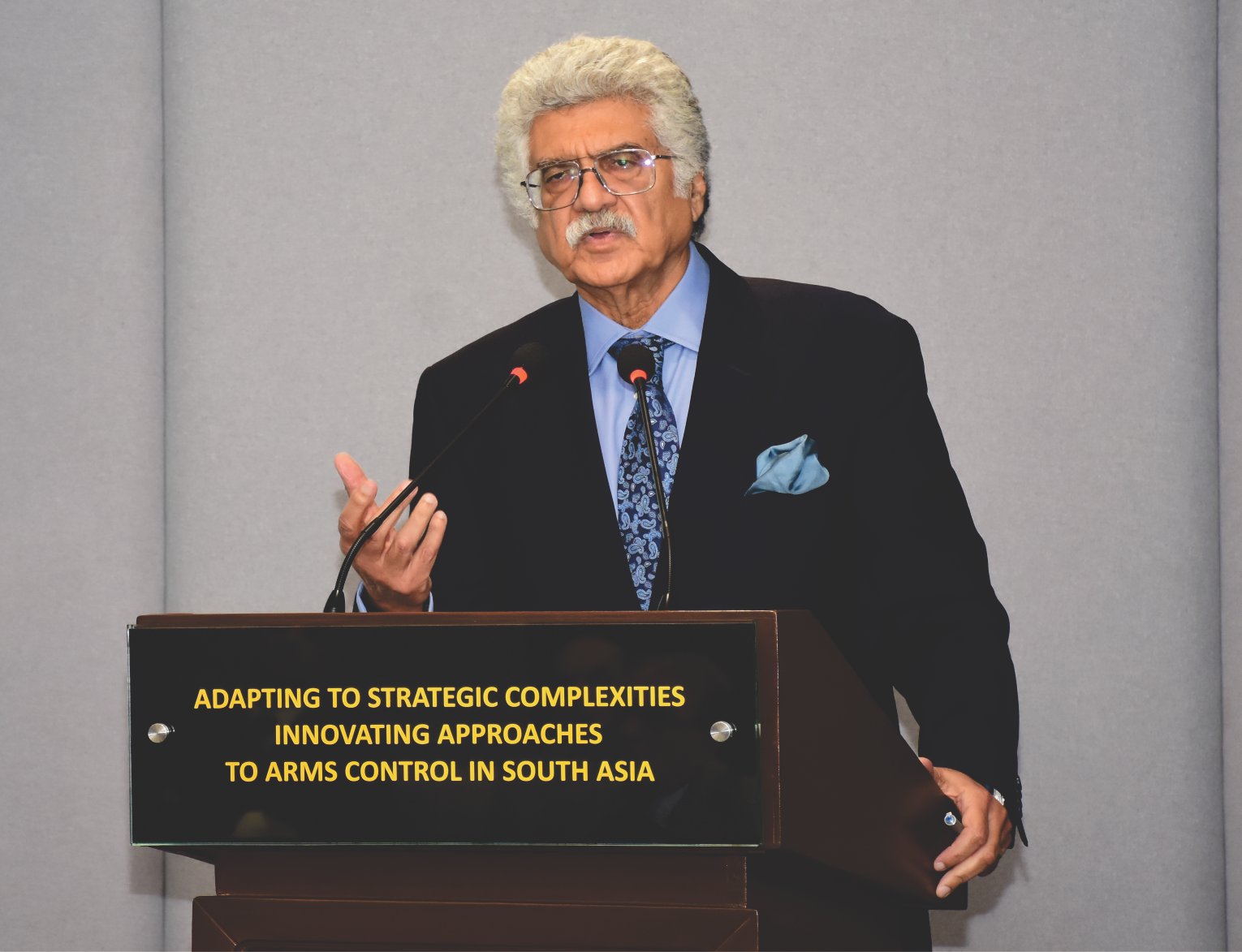
Amb Zamir Akram (Retd)
Advisor Strategic Plans Division (SPD)
CASS Speakers
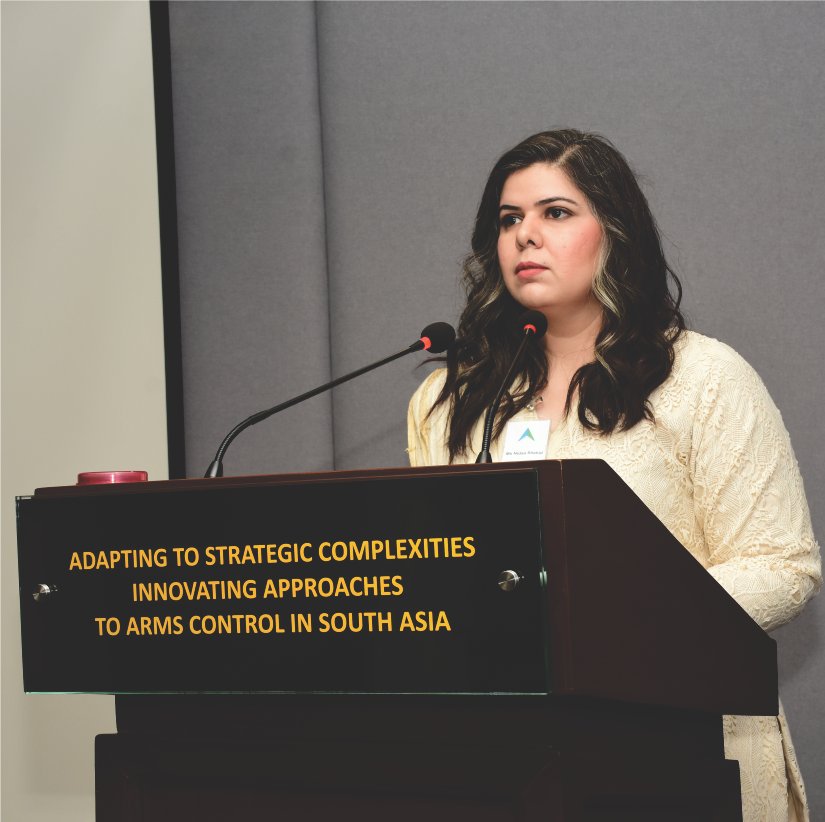
Nidaa Shahid
Senior Researcher, CASS Lahore
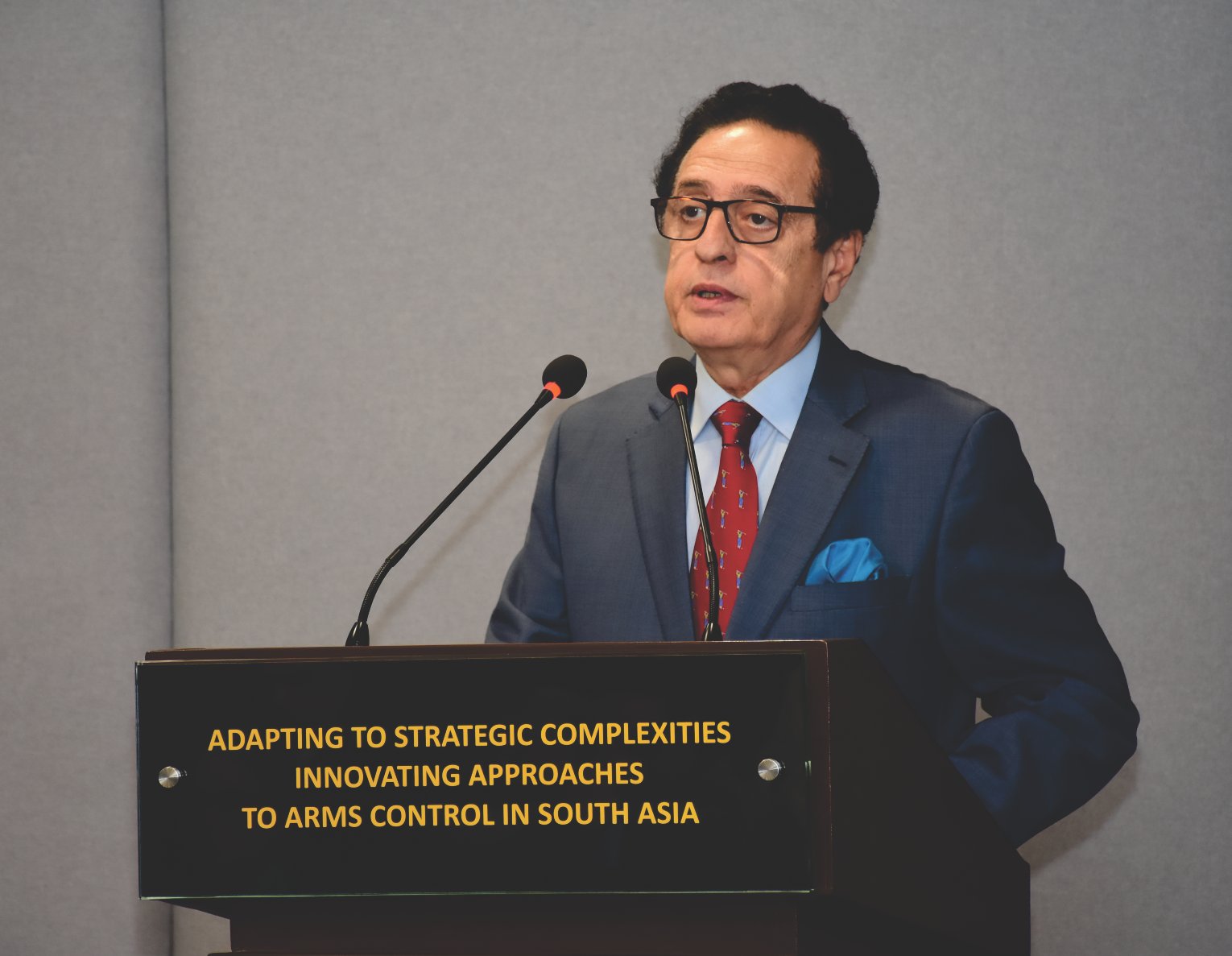
Air Marshal Asim Suleiman (Retd)
President, CASS Lahore
Master of the Ceremony
Researcher
Shayan Jamy
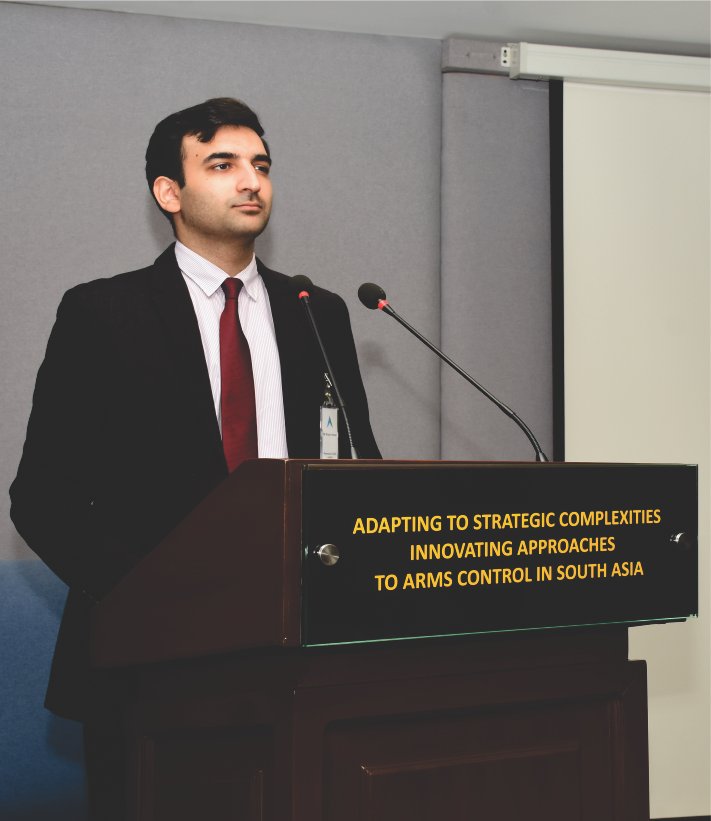
CASS LAhore

The Centre for Aerospace & Security Studies (CASS) was established in July 2021 to inform policymakers and the public about issues related to aerospace and security from an independent, non-partisan and future-centric analytical lens.


